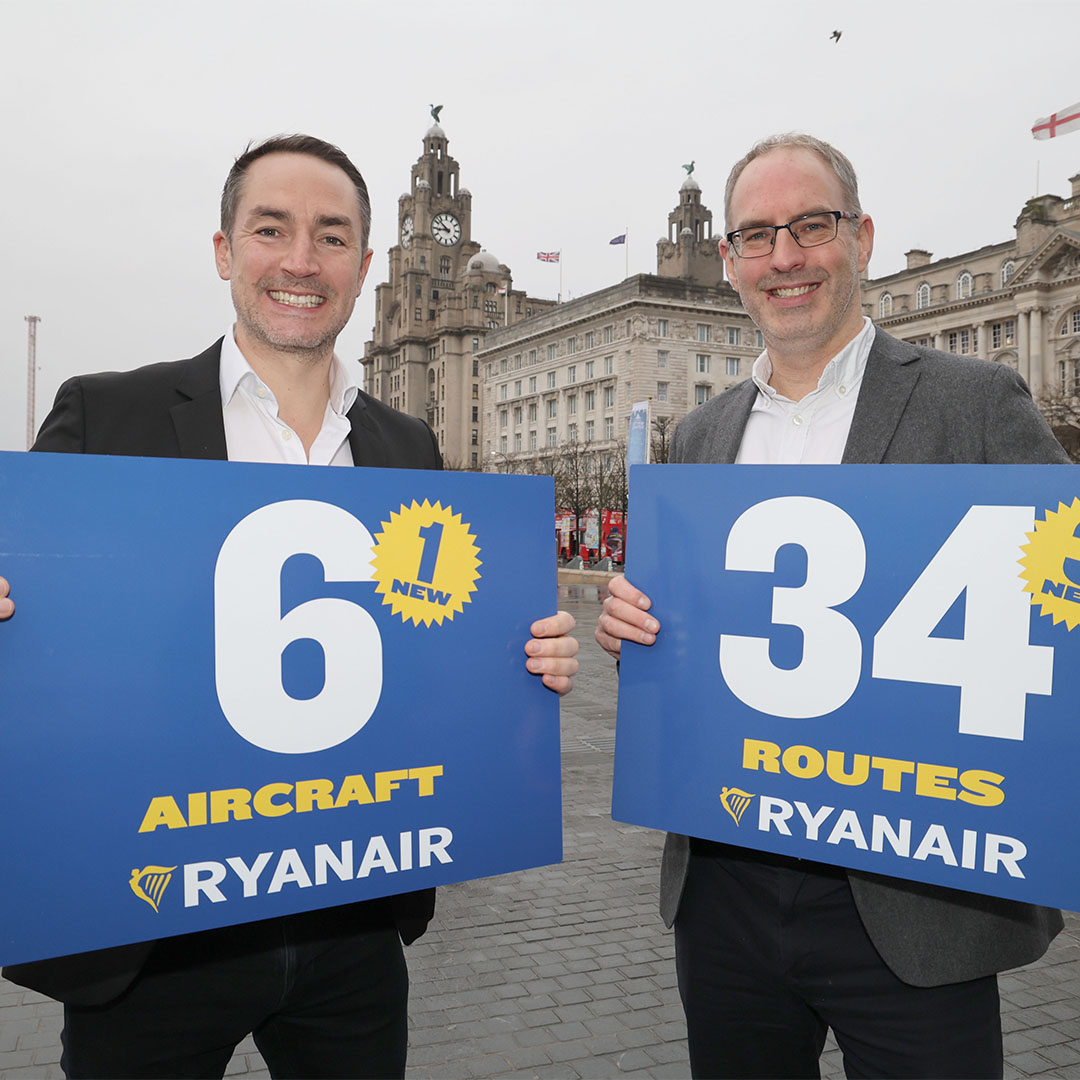In our Essential HR Training Webinar held on 11 March, Laura Darnley and Alan Kennedy, delved into the key aspects of the UK’s new Electronic Travel Authorisation (ETA) scheme and the critical legal considerations for business travellers to the UK.
The ETA scheme will be fully rolled out in the UK by 2 April 2025 and the rules governing business visits for non-UK nationals are complex, and non-compliance can lead to serious consequences for both individuals and the businesses they represent. Over the past year, significant changes have been made to these rules, including an extension to the list of “permitted work-related activities”. To avoid travel and business disruption, it is essential that businesses and individuals understand the requirements under the new ETA scheme.
Here are the top 10 take-aways from the webinar, which can also be watched here.
1. Make sure all non-visa nationals travelling to the UK hold a valid Electronic Travel Authorisation (“ETA”). The full roll out becomes effective as of 2 April 2025, when this becomes a requirement for EU nationals. It will therefore be important to factor in any increased costs and time to apply for an ETA in advance of any travel.
2. Remember the ETA is permission to travel, not permission to enter. Individuals still need to meet the requirements of the visitor rules to enter the UK. Applicants will also need to meet strict suitability requirements to obtain an ETA and answer various security and screening questions as part of the application process.
3.Make sure that individual travellers understand the strict rules around what they are permitted to do when in the UK as a visitor. This will involve a detailed review of their proposed activities in the UK to ensure compliance with the rules. You might want to consider supporting employees with clear guidance/policies on these points. You may also want to ensure that employees travel with supporting evidence confirming how they meet the visitor rules, such as supporting letters from their overseas employer, and their host employer in the UK.
4. Equally important is to make sure that individuals understand what they cannot do whilst a visitor in the UK. The visitor rules are notoriously complex. We often see issues where activities change over time, or where employees come to the UK as part of a Group role. Any suggestion that the employee is undertaking employment or filling a role in the UK will be a breach of the visitor rules – whether paid or unpaid.
5. Frequent or successive visits may cause UKVI to question whether the individual is a genuine visitor to the UK. Individuals are not permitted to use the visitor route as a way of living in the UK for extended periods.
6. Remote working in the UK is permitted, but should be incidental to the primary purpose of the individual’s visit and should only be done in the short term. Someone who is remote working whilst in the UK as a visitor would generally be expected to stay here for less than a month. These new rules do not amount to a digital nomad visa.
7.If individuals come to the UK in breach of the visitor rules they could face serious consequences. For example, they could be refused entry, commit a criminal offence and even, in the worst case scenario, face a re-entry ban of up to 10 years. They will have to declare adverse immigration decisions on future applications for visas to the UK and, in many cases, other countries as well.
8.If companies inadvertently employ individuals who are working illegally because they have stepped outside of what they are allowed to do as a visitor, they can face severe penalties including a fine of up to £60,000 as a civil penalty, potential criminal liability (with an unlimited fine and up to 5 years In prison) and being publicly “named and shamed”. Any sponsor licence would be at risk of revocation (which would also mean that any employees sponsored under that licence would have their visas curtailed) and the company’s directors could face disqualification. Compliance action is on the increase and is a big focus of the new Labour Government.
9.Seek legal advice if you are concerned about whether someone is permitted to come to the UK under the visitor rules. We can guide you through the rules and requirements.
10. If you are unsure if someone can enter as a visitor it may be prudent to make a visitor visa application or apply for a suitable work related visa such as a Skilled Worker visa or a visa under the Global Business Mobility routes. We can advise on alternative options and help the Company and employees make these applications successfully.
If you would like to discuss how the ETA scheme could affect your business, please contact Laura Darnley or Alan Kennedy.
This article first appeared on https://www.wardhadaway.com/insights/employment_law_digest/10-key-considerations-you-need-to-know-about-the-electronic-travel-authorisation-scheme/









